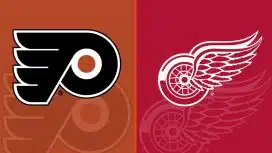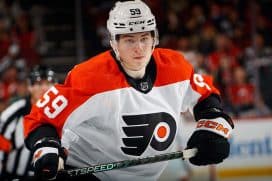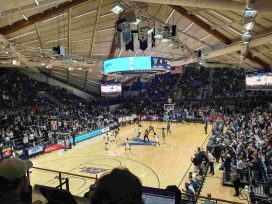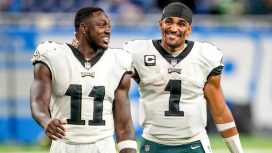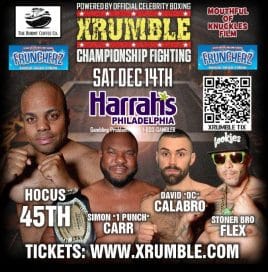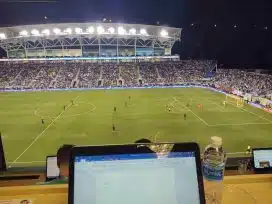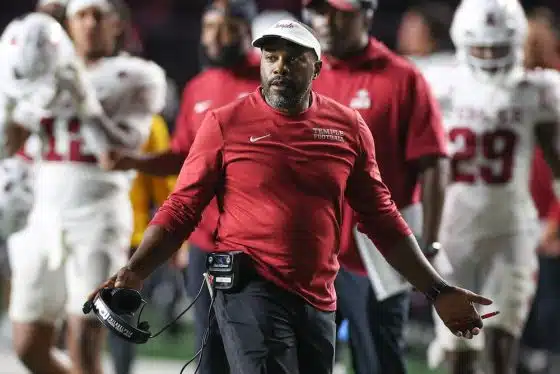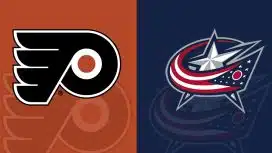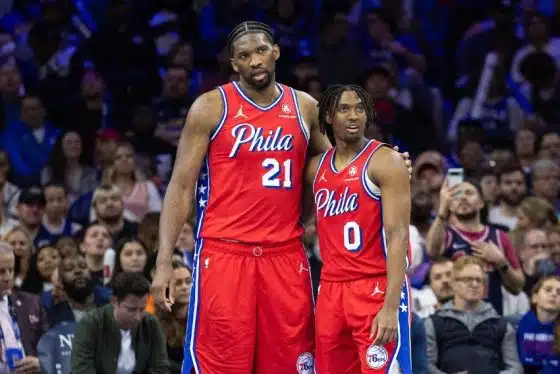Phillies
Wagner says he would vote for Chase Utley and Jimmy Rollins for Hall of Fame
Chase Utley (left) and Jimmy Rollins (right) have complicated Hall of Fame cases. (Kevin Durso/SportsTalkPhilly)
By Tim Kelly, Sports Talk Philly editor
Not many players have a better perspective on the careers of Chase Utley and Jimmy Rollins than former Philadelphia Phillies closer Billy Wagner. Wagner was a teammate of the duo for two seasons in 2004 and 2005, before spending three plus seasons with the New York Mets and his final MLB season with the Atlanta Braves. This gives him a unique perspective, because he played on the same team as both and against both during the primes of their respective careers.
Wagner joined me on the most recent edition of the 80-08 Podcast, and said that if he had a vote for the Hall of Fame, he would vote for both Utley and Rollins:
"I would vote for both of them. I am so biased, I mean, I love those guys. I haven't seen Jimmy in forever, but I saw Chase not too long ago. Some of the best discussions and talks and some of the best athletes that I ever saw came while I was watching and playing against Chase and Jimmy. They did something that was – to play in a town like Philadelphia, to go through the scrutiny of struggling and to win a World Series and repeat, getting back to the playoffs and stuff like they did, that is tremendous. I'll always be fans of those guys and just how they went about their business playing, and I couldn't be happier for what they accomplished."
While Wagner seemed very confident in the Hall of Fame cases of both, voters may not see things the same way. Utley and Rollins will certainly have some voters in their corners, but they will have to spend years building momentum to ever get to the 75-percent required for election to the Hall of Fame.
Rollins, who did say this week that he would like to still be playing, appears to have played the final game of his career. While he was a three-team All-Star, a four-time Gold Glove Award winner, a National League MVP and a World Champion, other metrics don't work in his favor. He never hit over .300 in his career, has a lower JAWS score than some contemporaries like Troy Tulowitzki and Miguel Tejada, and Baseball Reference says he is 20 points short of the average career WAR for a Hall of Famer.
Rollins will undoubtedly draw consideration for the Hall of Fame, but it doesn't seem as likely that he will ever receive 75-percent of the vote. Rollins was a better overall player than Omar Vizquel, but how Vizquel does in his first chance on the ballot next year will be interesting, because he may be the greatest fielder in the history of the position and has a similar career WAR to that of Rollins.
Utley's case is even more interesting, because at his peak, he was a lock to be a Hall of Famer. He has five 7-win seasons (per FanGraphs), was a six-time All-Star and, of course, was part of a Phillies team that won five consecutive National League East titles. (He also hit five home runs in the 2009 World Series, which many thought should have been enough for him to win World Series MVP, despite the fact that the Phillies fell in the series to the New York Yankees.)
Related: Hall of Fame or not, Phillies should retire the numbers of Utley and Rollins
However, injuries at the back-half of Utley's prime both prematurely ended his peak and kept him from being able to add to his counting statistics. As it stands, he also never finished in the top five in MVP voting. Had he not broken his hand in 2007, he may have won the National League MVP, but Rollins instead won the award that year. When you consider how dominant Utley was at his peak, him never finishing in the top five is perhaps more indicative of uniformed voters, but that is something that will work against Utley in the minds of some.
Advanced metrics, of course, always spoke glowingly of Utley. Baseball Reference says that his WAR7 and JAWS career totals are higher than the average Hall of Fame second baseman. His 64.8 career WAR falls just short of the average WAR of Hall of Fame second baseman of 69.4, but so do the career WARS of Hall of Famers Craig Biggio, Jackie Robinson and Roberto Alomar.
Some voters could look at the fact that Utley had a more dominant prime than any of the aforementioned trio and decide to vote for him despite the fact that his counting numbers will be a little short. Or they could compare him to Detroit Tigers' legend and Hall of Fame snub Lou Whitaker – who in many cases has similar or better counting statistics than Utley, has very similar JAWS number and a better career WAR.
Utley, of course, is still playing with the Los Angeles Dodgers. His career statistics are pretty much set, especially when you consider that this may very well be Utley's final season. Though team success shouldn't factor much into whether a player gets into the Hall of Fame, it does (which is why is was mentioned previously), and if he had a few key hits in a Dodgers' World Series run, that sure wouldn't hurt his case.
If you polled players, many would agree with Wagner that both Utley and Rollins should be elected to the Hall of Fame. In fact, Ruben Tejada may be the only player that Utley played against that would object to his Hall of Fame case. Whether voters agree with Wagner and the vast majority of players when both reach the Hall of Fame ballots remains to be seen.
